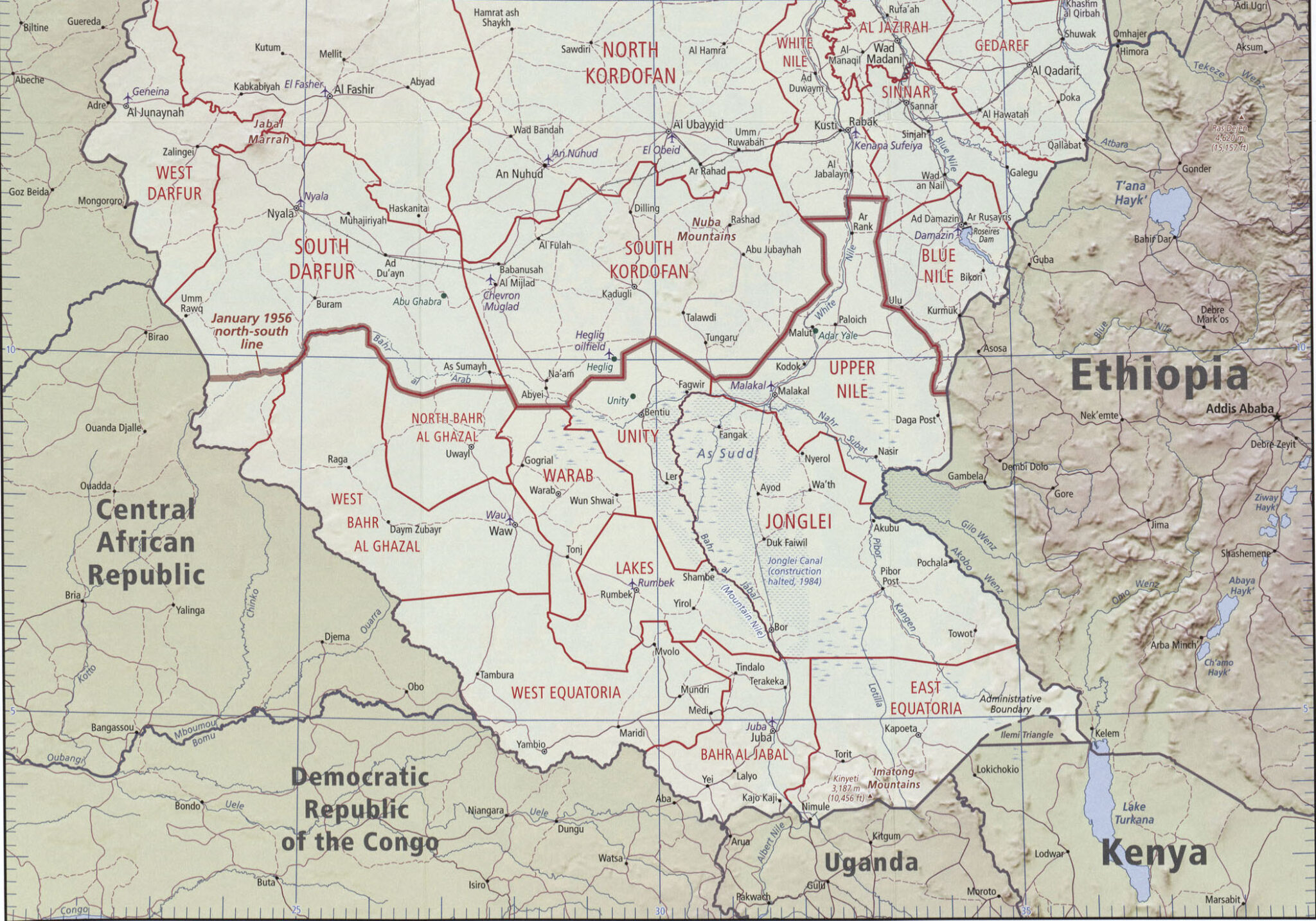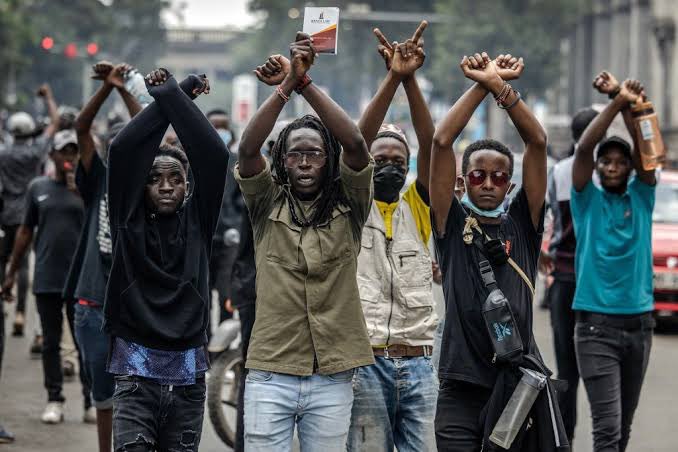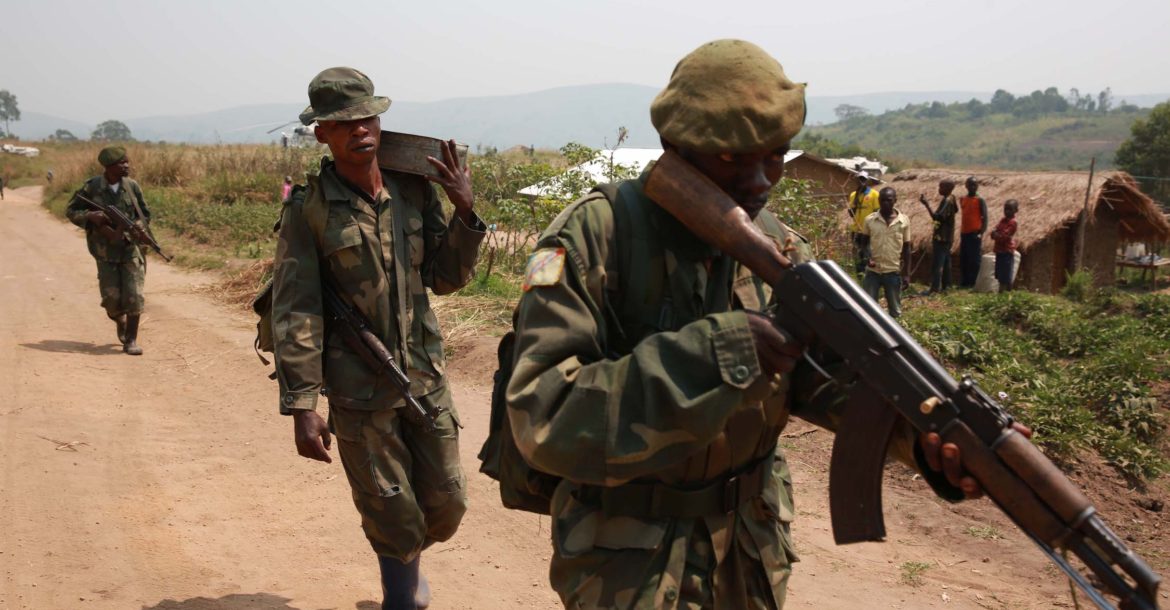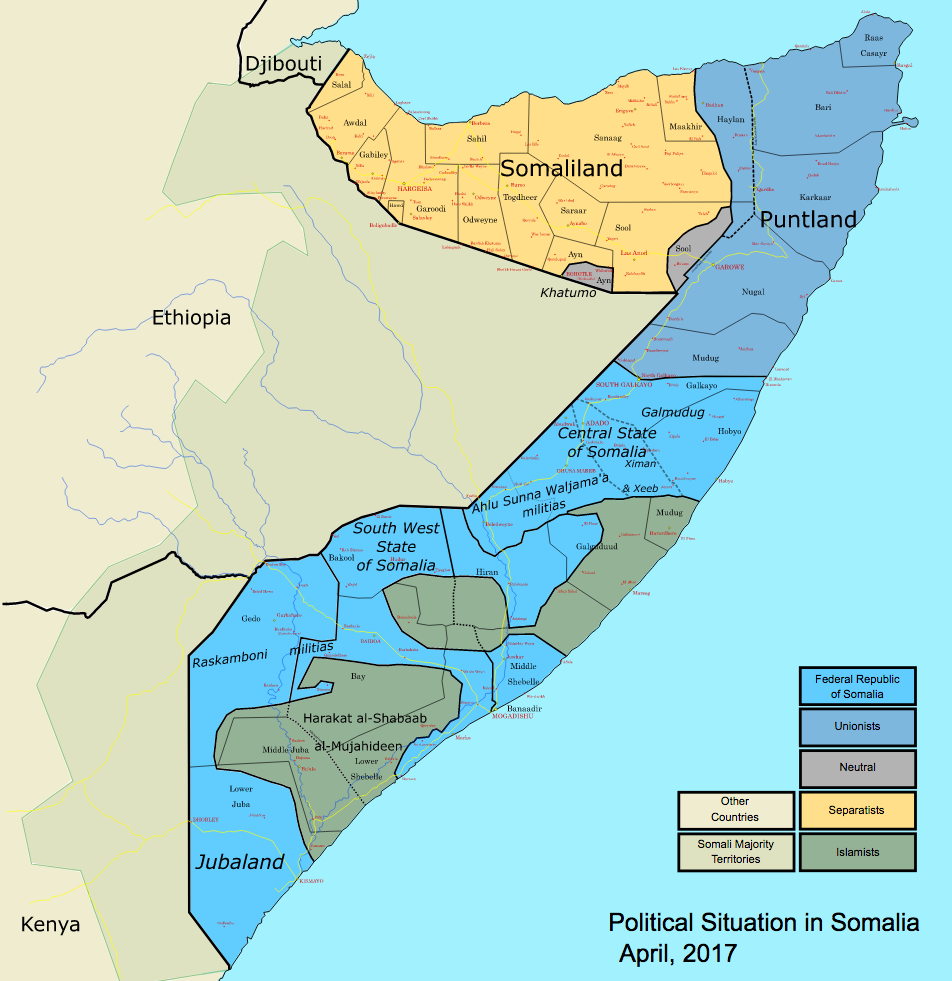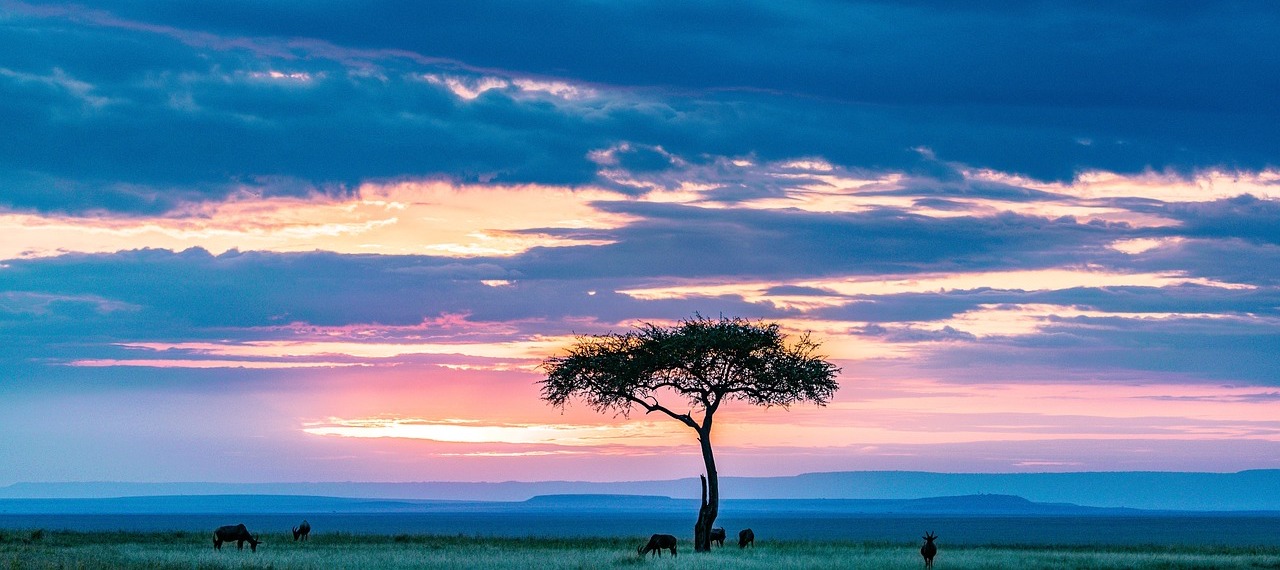
State Department imposes sanctions on ICC judges
The US Department of State imposed sanctions on on four individuals serving as judges on the International Criminal Court (ICC) for their involvement with the ICC’s investigations into the US and Israel. The sanctions were imposed pursuant to Executive Order No. 14,203, “Imposing Sanctions on the International Criminal Court,” which President Donald Trump signed in February in response to the ICC’s warrants for Israeli Prime Minister Benjamin Netanyahu and former defense minister Yoav Gallant. The stated purpose of the order was to underline the position that the US and Israel are not within the jurisdiction of the ICC under the Rome Statute, and therefore any investigation into the actions of the two countries is invalid. (Photo: OSeveno/WikiMedia)



